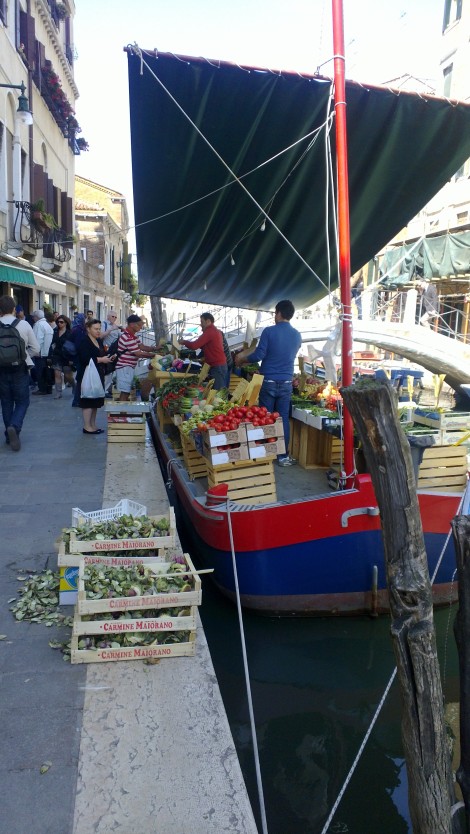International Workshop – Global Marketplaces and Urban Renewal and Regeneration Strategies: In search for Creative and Sustainable Models and Practices (Friday 21 November 2014)
Marketplaces are a global urban phenomenon. They can take the form of open markets on public squares, street markets at crossroads, near bridges, along waterways, or they can give rise to specifically designed market halls and buildings. Besides their variation in urban form, their position within the urban distribution system, circulation of different goods and people, their temporal dimension and degree of informality all add to the diverse character of the marketplace. Seen from a historical viewpoint, markets and cities are interwoven entities. Markets selling food and a wide range of shopping goods have contributed significantly to the growth of cities and the prosperity of its inhabitants worldwide. From medieval times, well-ordered ‘free’ and ‘open’ market exchange underpinned notions of good governance, social stability and the ‘moral economy’. The ‘magic of the marketplace’ both generated urban wealth and social cohesion, and stood at the heart of urban pride and modernity.
However, the central role of the marketplace as the palpating heart of the city seem to have withered in attention from the end of the nineteenth-century onwards. With the scale of governance widening from the local level to the nation state, and urban distribution becoming entangled in increasingly complex and large-scale retail chains, markets became a matter of political and ideological conflict and dispute. For some they were mere remnants of the past – at odds with the ‘industrial age’ – for others markets had to be foremost sanitized, disciplined, zoned and relegated to the urban periphery. In any case, they were believed to be no longer central to strategies of urban progress and modernization.
With the rise of urban renewal and regeneration strategies from the last quarter of the twentieth-century onwards, the market place has once again been rediscovered by policy makers and scientists alike as a node of economic and social interaction and generator of cultural innovation and urban creativity. The conference proposes to investigate this evolution from an interdisciplinary perspective, bringing in expertise from urban planners, anthropologists, sociologists, economists and historians alike. Its goal is to question to what extant the marketplace functioned and functions as a valuable playground for urban renewal and regeneration strategies to make cities economically viable, ecologically robust, and socially and culturally attractive and agreeable to live for city dwellers. As such, we invite paper givers that focus on worldwide empirical case studies addressing how marketplaces have been socially produced and constructed from the end of the nineteenth-century onwards, and with a specific focus on the last 40 years. Marketplaces are produced by plans, rules and regulations, which normally have a specific ideological, economic and social model in mind. But the different actors constituting the marketplace also socially construct them through a multitude of interventions, daily practices and prevalent discourses: vendors, buyers, visitors, local officials, civil associations, organizations, and the scientific and critical media creating an image – negative as well as positive – and ‘buzz’ around the marketplace.
Eventually, we hope to gain a better insight in how marketplaces can function as a sustainable and creative public space, which is multi-useable and multifunctional in different urban contexts around the globe. Given the increasing economic integration and the expansion of global production networks and consumption patterns, we need to include case studies from non-Western scholars working across the world in different regions and continents. The marketplace was never a mere localized space, but today the intensity of the intersection between the global and local has never been so prominent in terms of goods, people and ideas both in tangible and in imagined ways. Integrating insights from different urban contexts around the world will no doubt help to improve urban policy makers and urban theorists alike in formulating models and practices aimed at revaluating the role of marketplaces within the urban fabric. To what extent, for instance, can urban marketplaces in the future provide an economic instrument for social mobility of lowly skilled migrants and other socially fragile groups such as the local unemployed, females, youngsters, and so on?
And what roles can marketplaces play in urban sociability and in urban innovation and creativity, processes benefitting the individual, social groups, the image of the neighborhood and by extension the city. In terms of output we expect the participants to present non-published papers as we aim to issue an international book afterwards.
For more info: see here.
